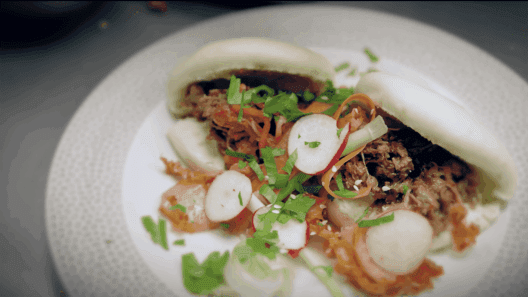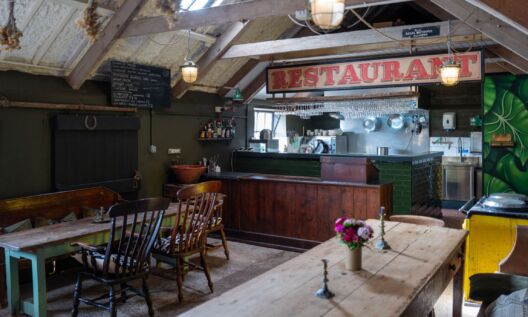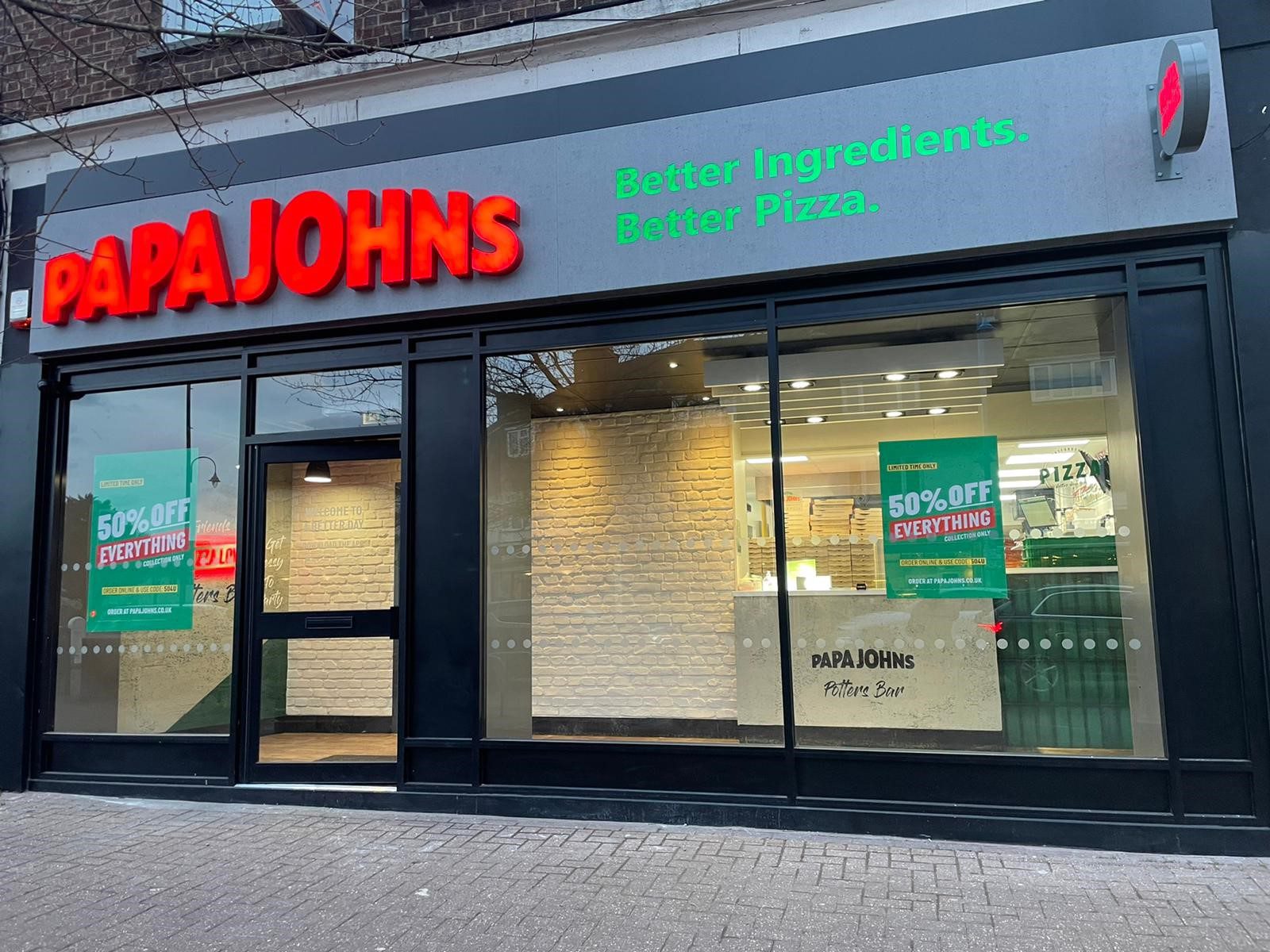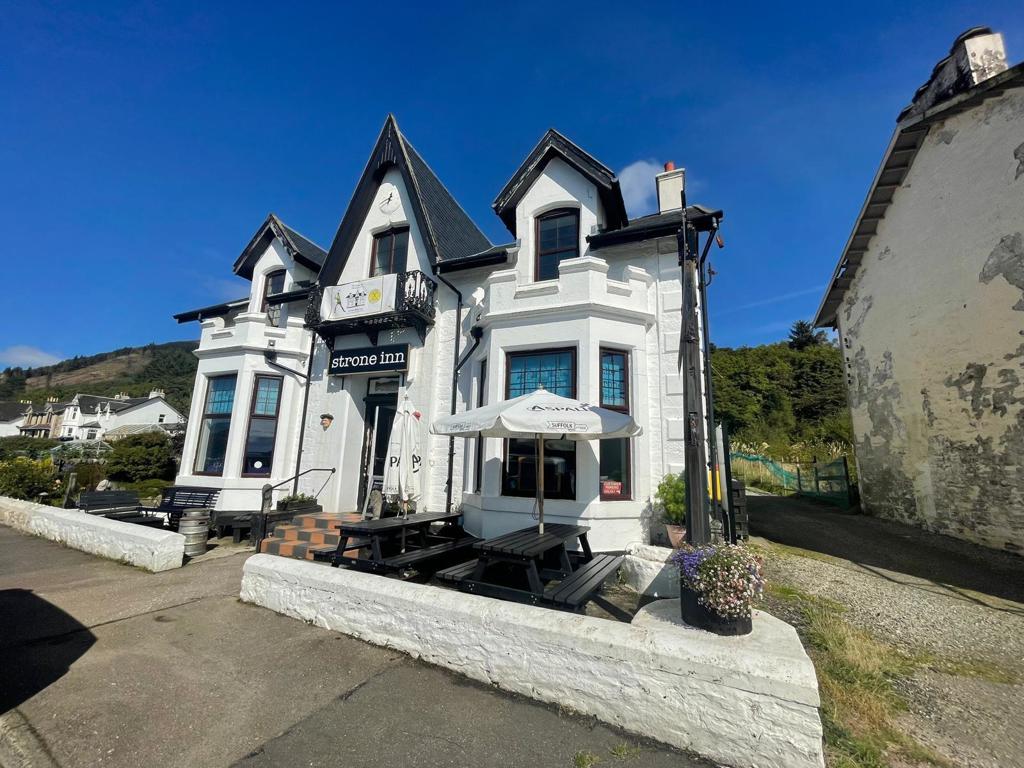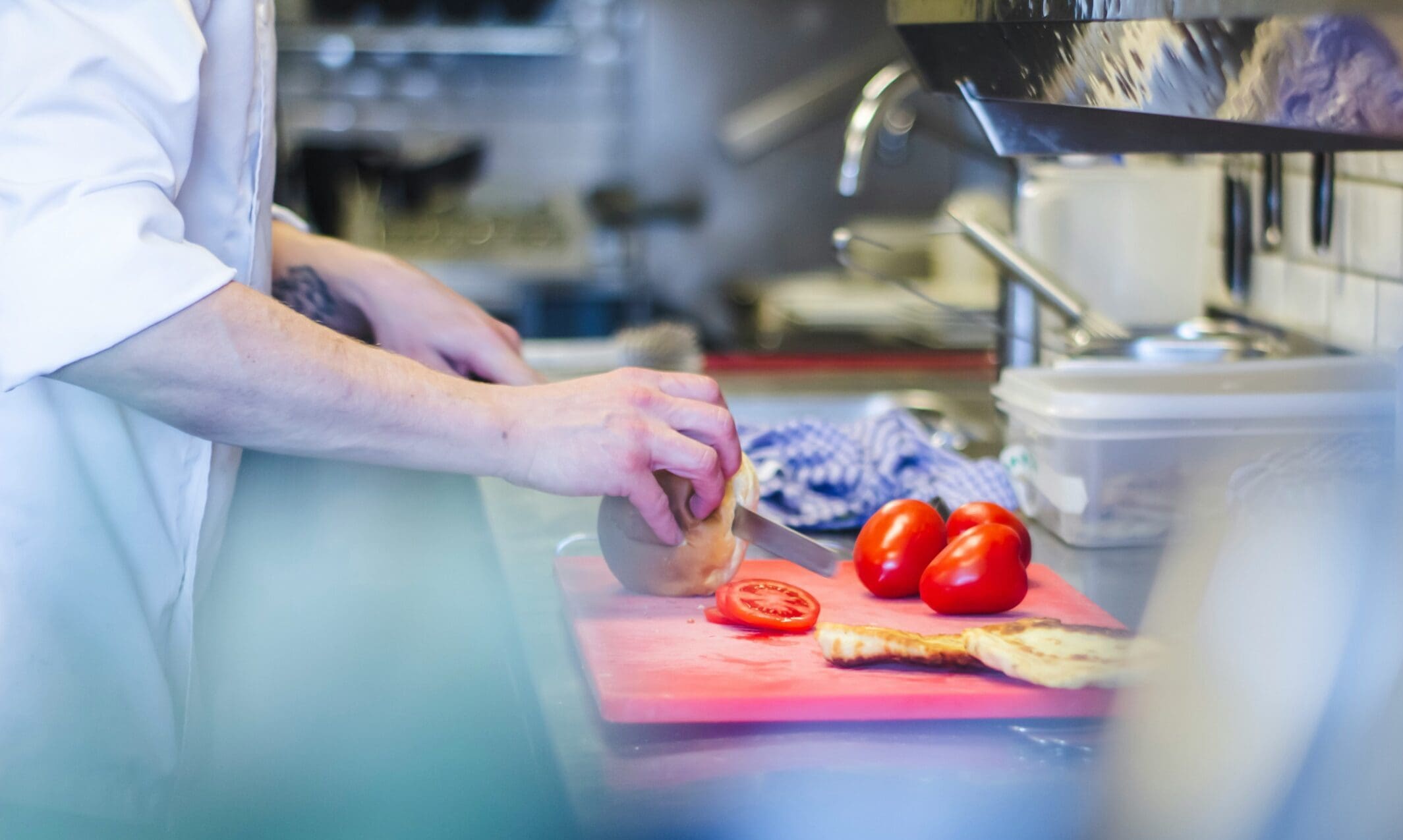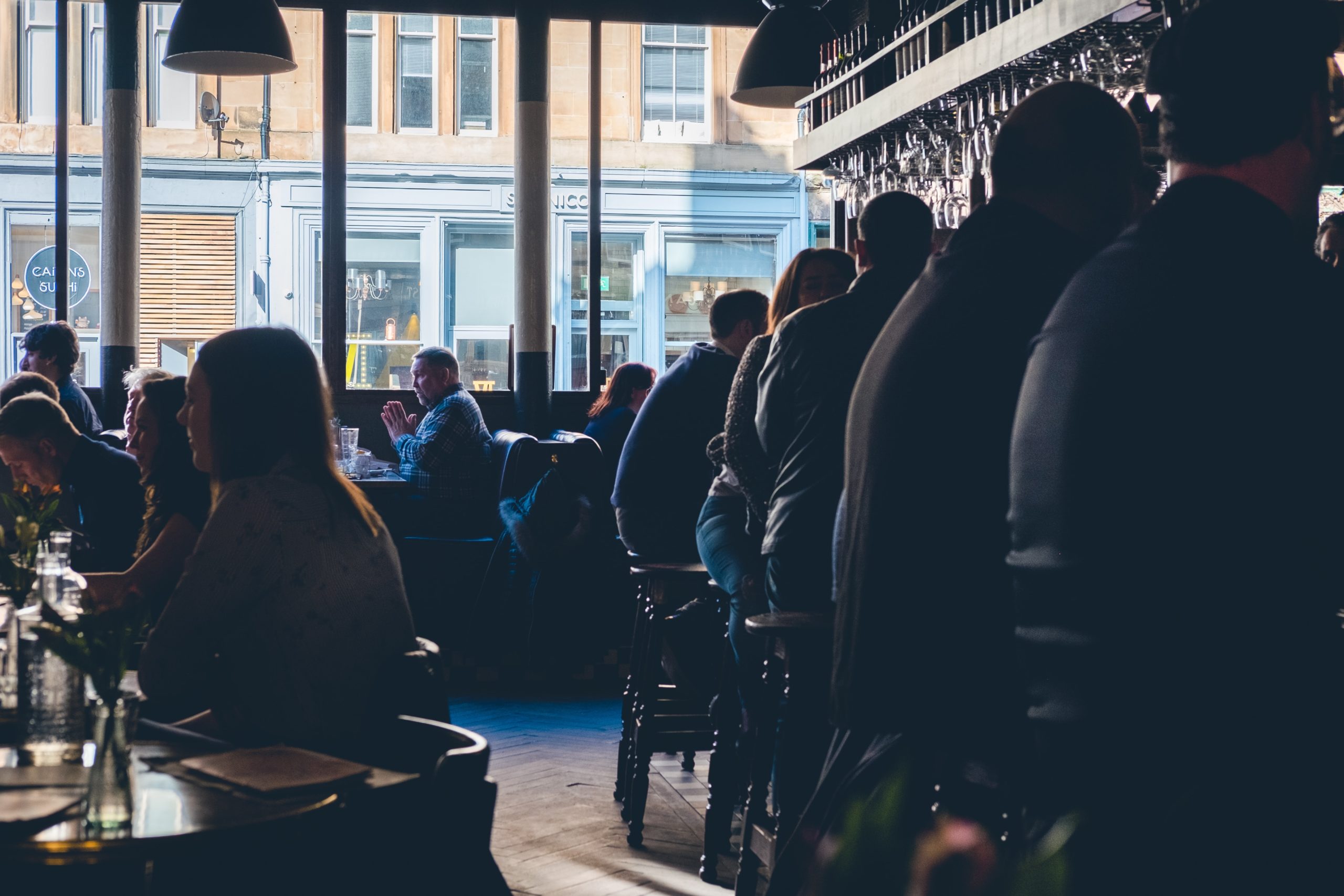Register to get 2 free articles
Reveal the article below by registering for our email newsletter.
Want unlimited access? View Plans
Already have an account? Sign in
In recent years, the food delivery industry has witnessed a rise in ghost kitchens. These delivery-only restaurants without traditional dining spaces are not only revolutionising food service, but are also paving the way for more sustainable practices in the culinary world.
The sustainability edge of ghost kitchens
By their very nature, ghost kitchens have a number of advantages when it comes to sustainability. For example, ghost kitchens have reduced energy usage. Unlike traditional restaurants with large dining areas, ghost kitchens are designed specifically for efficiency. By streamlining cooking processes and eliminating energy-intensive dining spaces, these kitchens can significantly reduce their power consumption.
Secondly, ghost kitchens have lower-transportation emissions. They can be strategically located closer to their customer base. This proximity reduces the distance travelled for deliveries, thereby reducing the emissions associated with food transportation.
Having created one of London’s newest home-cooked Lebanese ghost kitchens – Mama Bou – we have embraced the ghost kitchen model and taken it a step further by implementing a range of sustainable practices.
Innovative sustainable practices
While there are many ways to increase sustainability in the kitchen, here are a few methods to ensure your delivery kitchen remains environmentally friendly and serves the highest quality dishes at the same time.
Supply chain management is one of the primary methods in which kitchens can decrease their environmental impact. Instead of relying on daily food deliveries, which increase emissions, go directly to the market to source sustainably produced ingredients a few times a week. Carefully managing a shopping list to minimise unnecessary trips reduces your carbon footprint, while ensuring the freshest ingredients for the creation of the perfect meal.
To become more energy efficient, invest in high-tech equipment that allows you to provide the best food and service while reducing power consumption. Additionally, follow a batch cooking approach, which is an effective way to conserve energy and reduce over-consumption.
Investing in eco-friendly packaging is one of the primary ways to maintain a sustainability factor. Packaging is one of the biggest challenges in delivery-only restaurants. Choose to use sustainable, paper-based packaging to ensure food is delivered in the best possible condition. Where plastic is still inevitable, actively seek out solutions, whether in the kitchen or for deliveries.
Ensure your staff are fully trained on how to reduce water and energy usage. This will keep your restaurant compliant with HACCP standards, and is also a great way to get the whole team involved in sustainability initiatives, ensuring eco-friendliness is ingrained in every aspect of daily operations.
Leaving nonrenewable energy in the past, request that your kitchen’s energy supply be sourced entirely, or when not fully possible, partially from renewable energy sources. This commitment significantly reduces the overall carbon footprint.
Finally, food waste management is a way to minimise wastage as much as possible. Ensure all food waste is composted, or try to find partnerships with charities and soup kitchens to donate any leftover food, guaranteeing that nothing goes to waste.
The future of sustainable food delivery
As consumers become increasingly more environmentally conscious when it comes to their food choices, sustainable ghost kitchens like Mama Bou are well-positioned to meet this growing demand. By combining the efficiency of the ghost kitchen model with innovative sustainability practices, these businesses are not just delivering food – they’re delivering a vision for a more sustainable future in the food industry.
The success of sustainable ghost kitchens proves that it’s possible to balance convenience, quality and environmental responsibility. As this model continues to evolve, we can expect to see even more innovative approaches to sustainability in the food delivery sector.
As we look to the future, it’s clear that the ghost kitchen model, with its focus on efficiency and sustainability, will play an important role in shaping the food industry. For consumers, this means more options for eco-friendly dining without sacrificing convenience or quality. For the planet, it represents a promising path towards a more sustainable food system.


